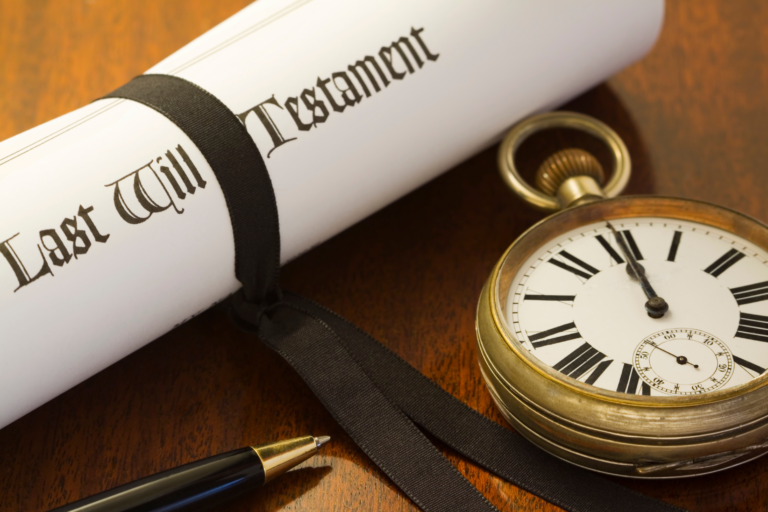Depending on the case, probate in Florida may be a time-consuming and expensive process. Things can get even more complex if the deceased person did not leave a last will, or legal disputes arise during the process.
Ideally, the best approach is to utilize the different legal tools available in state law to either avoid probate altogether or at least reduce probate estate as much as possible. In this article, you will discover feasible solutions to avoid probate in Florida.
Is a Last Will Sufficient to Avoid Probate in Florida?
One of the most common myths associated with probate is that drafting a last will is enough to avoid the whole process. Nonetheless, it is not true. Primarily, the main purposes of probate are to determine the validity of the deceased person’s will and supervise the distribution of the estate.
How Do I Avoid Probate in Florida? – Probate Assets vs. Non-Probate Assets
Overall, there is only one way to avoid probate in Florida – seeking professional guidance from an expert legal advisor specialized in estate planning. Before tailoring a solid estate plan, it is fundamental to understand the difference between probate and non-probate assets.
As its name suggests, probate assets are those subject to probate upon the owner’s death. In Florida, any assets titled solely in the decedent’s name at the time of his/her death are considered to be subject to probate, such as:
- Real property (owned solely by the decedent or without automatic rights of survivorship)
- Bank accounts (titled solely in the decedent’s name)
- Interest in a company (e.g., profit shares in a corporation)
- Life insurance policies (listing only the decedent or its estate as beneficiaries)
- Brokerage accounts (listing only the decedent or its estate as beneficiaries)
- Personal assets such as jewelry, furniture, vehicles, and others
On the other hand, non-probate assets are those in which the title is automatically transferred to a designated beneficiary within a decedent’s lifetime or using some sort of survivorship mechanism. Examples of assets exempt from probate include:
- Any property held into a trust
- Ladybird deeds
- Any real property owned through tenancy by the entirety
- Any real property owned through joint tenancy with rights of survivorship
- Retirement accounts (including 401k saving plans)
- Bank/brokerage accounts owned under joint tenancy
- Payable-on-death and transfer-on-death accounts
- Life insurance or brokerage-related accounts listing beneficiaries other than the owner and the estate itself
Is it Possible to Avoid Probate Regardless of the Case? – An Honest Overview
It would be unrealistic to affirm that probate is avoidable in all cases and circumstances. Nonetheless, even if there is no feasible manner to entirely avoid probate, it is still possible to mitigate the effect of probate as much as possible.
Ultimately, although probate is not a negative process, other legal tools permit one to accomplish the same goals faster, more efficiently, and with no court proceedings involved.
Considering only property owned individually in the decedent’s name is part of his/her probate property, it is crucial to ensure that one’s assets are either jointly owned with someone else (including rights of survivorship), designated to a specific beneficiary, or is titled to a trust.
Do You Need Solid Strategies to Avoid Probate? – Immediately Contact Your Florida Probate Lawyer
If you want to avoid probate in Florida, structuring a solid estate plan cannot be taken for granted. Every second counts; hence, you must act immediately – call Attorneys Romy B. Jurado and Diana L. Collazos at (305) 921-0976 or email [email protected] to schedule a consultation.






